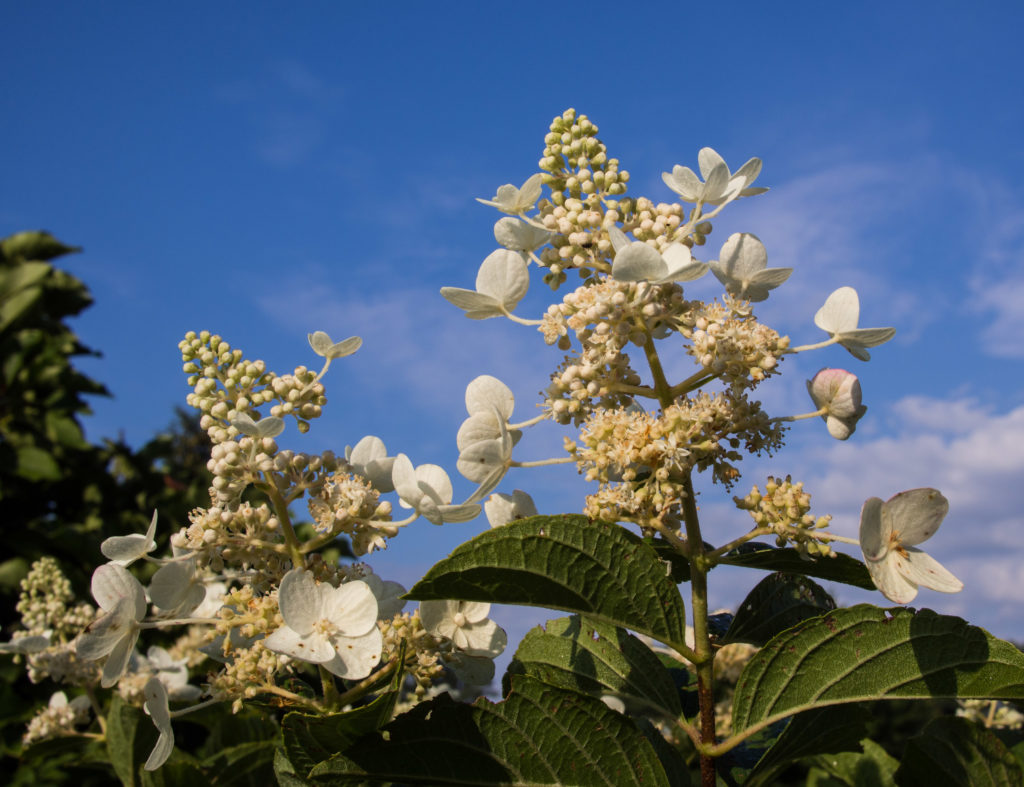Boscobel’s Formal Garden Goes Local

Reimagined and Enlivened with Native, Period-Appropriate Plants
FOR IMMEDIATE RELEASE (Garrison, NY – June 2019) – Starting this month, Boscobel House and Gardens will be replanting its formal garden with plants native to the Hudson Valley and those that were popular in early American gardens.
The new plant selections will be based on Boscobel’s extensive archives of Dyckman family papers from the late 18th and early 19th centuries; early New York nursery catalogues; the 1750s wildflower manuscript of America’s first female botanist, Hudson Valley resident Jane Colden; plants of early tastemakers like George Washington and Thomas Jefferson; and other period sources. The new plants are specifically selected to thrive in Boscobel’s site- and climate conditions, bloom for long stretches of the season, and be friendly to birds and other pollinators.
“Boscobel’s gardens are a living link to the past,” says Executive Director Jennifer Carlquist. “This redesign is the first of several important improvements being planned to augment our site’s extraordinary beauty and foster meaningful connections with Hudson Valley design, history, and nature.”
Acknowledging that the existing plants in the former Rose Garden were not period-appropriate, and had deteriorated from age, climate, and blight, Boscobel began rethinking its Rose Garden in 2018. The landscape architecture firm Reed Hilderbrand, botanist Pat Cullina, landscape historian Mark Laird, the Philipstown Garden Club (whose members have generously tended Boscobel’s Herb Garden since 1972), and Constitution Marsh Audubon Center and Sanctuary shared insights at different stages of the project over several months.
2019 will be an interim year to test out the new plantings in the existing Formal Garden as Boscobel finalizes plans and raises funds for a new layout to be completed by 2021. When redesigned, the Formal Garden will enhance the visitor experience throughout the season, feature plants native to the Hudson Valley, appropriate to the early Federal era, and reflective of Boscobel’s goals for environmental and institutional sustainability. The redesign and relocation will also allow the space required to introduce ADA accessibility to Boscobel’s Historic House Museum—a major milestone toward making Boscobel everyone’s home on the Hudson.
The test plantings and research were funded by the Bow Tie Ball, Boscobel’s 2018 fundraiser honoring Board Chair Barnabas McHenry. Boscobel is actively seeking funding for the major redesign of the garden and other capital improvements to serve a growing and increasingly diverse audience, and to mark the museum’s 60th anniversary in 2021.